Crab Divination and Fortune Telling
In 2010 Paul the Octopus correctly guessed the result of the Germany VS England round of 16. England got thrashed 4-1, which is quite funny all things considered.
However Paul the Octopus is only one example in a long history of humans using animals to look into the mists of the future.
Turning to crabs, Nggàm is a practice from Western Cameroon, used to divine knowledge of, or advice about the future.
This practice primarily uses the landcrab Sudanonautes aubyri, which is common in Cameroon.
In order to begin the divination, or reading, an inhabited crab hole is found and an upturned pot is placed on top. The bottom of this pot is then removed and replaced with a tin cover so that the crab’s burrow can be observed.
The divination uses leaves and these are neatly stacked a small distance from the crab burrow. A stick and a stone are placed in the hole, these are used to find the answer.
A stone is then rubbed around the mouth of the pot while the diviner blows into the pot and calls for the crab to come out.
Two of the leaves are then placed over the crab hole and the question is put forward by the diviner who taps the side of the pot in rhythm with the speech. The questions are asked in relation to either the stick or the stone.
Once the questions have been asked, the diviner sits back for ten to fifteen minutes as the crab moves the various objects around inside the hole.
This practice is often done with two crab holes simultaneously so that the answers match up. Crab divination is also regularly conducted over several days. Only if multiple pots over several days give the same answer will it be believed.
The process of reading the crab’s responses is not something that just anyone can do, it takes many years of practice and expertise to correctly interpret the crab’s movements.
Crabs are clearly spiritually significant animals and the practice of Nggàm is not to be taken lightly, unlike Paul the Octopus.



